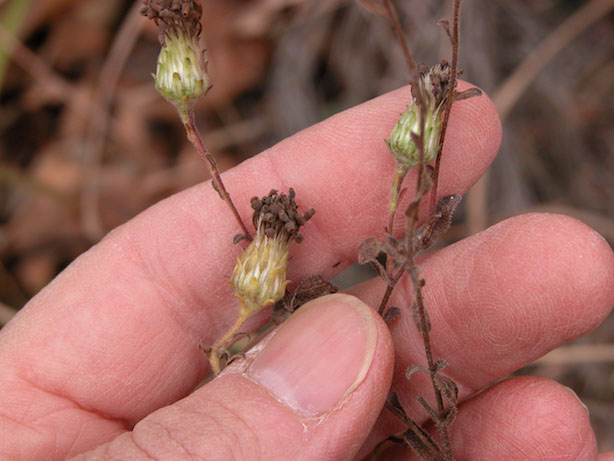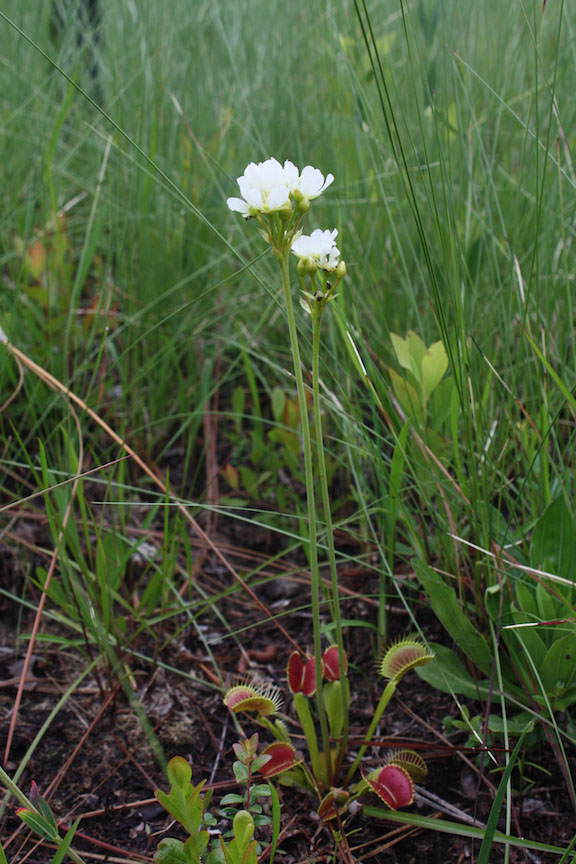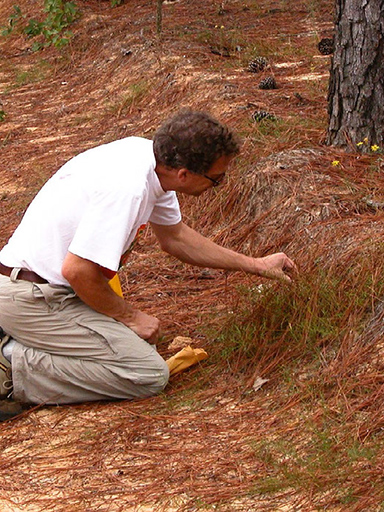Imperiled Venus flytrap
Venus flytrap (Dionaea muscipula) is a carnivorous plant species endemic to 100 km landward radius centered near Wilmington, North Carolina, USA. This species is very well known to hobbyists and recognized throughout the world. However, in its native range, Venus flytrap is a conservation concern due to having a small number of robust protected populations and declines from threats such as fire suppression, land conversion, and poaching. There are 31 occurrences in North Carolina that are considered extirpated, or destroyed (NC Natural Heritage Program Database 2015) and 26 extirpated occurrences in South Carolina (Luken 2005). This represents a 17% decline in the number of occurrences range wide, and many of the remaining populations are small and unprotected. These recent declines have led to added legal protections for Venus flytrap (listed in NC, anti-poaching laws, assessment for federal protection). As part of ongoing conservation efforts, the North Carolina Botanical Garden is working to collect seeds of this imperiled plant. Collecting in the wet savannas that Venus flytrap calls home is hot work in June, but the botanical reward is well worth it.



